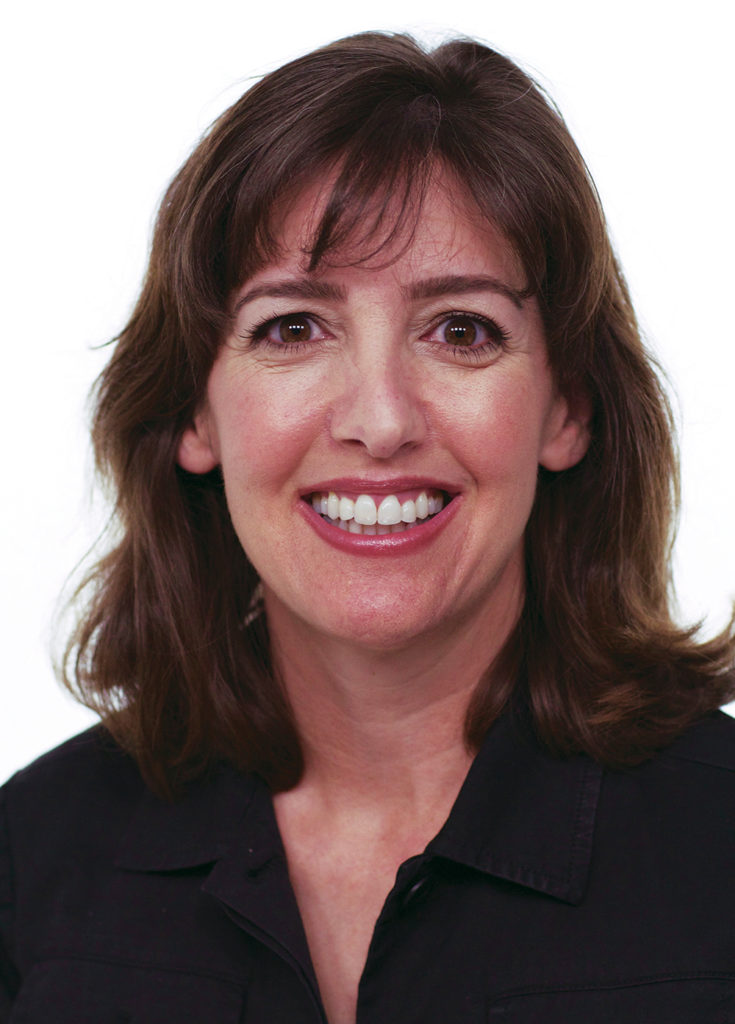
Denise Pope, Ph.D., is a senior lecturer at the Stanford University Graduate School of Education, where she specializes in student engagement, curriculum studies, qualitative research methods and service learning. She is the author of “Doing School: How We Are Creating a Generation of Stressed Out, Materialistic, and Miseducated Students,” which was awarded Notable Book in Education by the American School Board Journal, and co-author of “Overloaded and Underprepared: Strategies for Stronger Schools and Healthy, Successful Kids.” She is a three-time recipient of the Stanford University School of Education Outstanding Teacher and Mentor Award and was honored with the 2012 Educators’ Voice Award from the Academy of Education Arts and Sciences.
Where do colleges stand on the type of research and recommendations promoted by Challenge Success?
I just did a talk with Frank Bruni (author of “Where You Go is Not Who You’ll Be”) and Richard Weissbourd (co-author of Harvard’s “Turning the Tide” report) about how the college application process has become onerous and stressful and yes, colleges are aware of these issues. They are sort of at a loss as to how to make change happen because they need to evaluate kids and the best way to do that, for many of them, is through what they would call holistic admissions or looking at multiple variables, which does put a lot of pressure on kids.
For the large public universities that get thousands and thousands of applicants like University of California or University of Michigan, it’s essentially a numbers game based on GPA and AP scores, and that’s going to be a harder problem to solve. But all the others are really looking closely at the applicants and trying to find the right fit, just like the kids. And many of those other schools, especially private institutions, are looking to change how they review applications – for example, there are more schools that are test optional. Using college admissions as an excuse for stressing out our kids doesn’t work as a reason for me, because you can do all those things and still not get into your first choice. So my advice is for students to be the most authentic that they can be, do the activities that they enjoy, pick the classes that challenge and interest them, and do it in such a way that allows for healthy balance.
What are the biggest obstacles to shifting how we “do school?”
It’s hard to convince parents and teachers at highly successful schools to change because they’ve been doing it this way so long and it’s worked. So history and tradition is a tough one. When a school like Punahou has a high reputation, it can be hard to get people to change, and yet we can show with data and results that the kids are not being helped by our current educational model, so obviously there’s no such thing as a perfect school. Every school needs to reflect constantly on how to make itself better. At high-achieving schools, it’s the ability to get into that habit of real reflection and say, yes we’re good, but how can we be even better? But you need a willingness on the part of leaders and others to be truly introspective and open to change and to learn from others.
The other thing is the fear of another stakeholder. The administrators are worried what the parents are going to think. The parents are worried about what the colleges are going to think. The kids are worried about what everyone thinks. So there’s this fear of the unknown that accompanies change that can be hard to get around.
We work with a pretty broad range of schools – private, public, urban, suburban, independent, Catholic, large, small … and what I’ve found is that the small independent schools are quicker to make changes than the larger suburban public schools, but eventually those public schools catch up. So the independent schools are more nimble, but a lot depends on the leadership and the willingness to get buy-in from different stakeholders, and that comes from a culture and a leadership model that is open to change. That’s where we’ve found the best and most long-lasting results.
Are we talking about broadening our definitions of success or replacing them?
Challenge Success is called that because we’re challenging that narrow notion of success where everyone must either fit through the eye of the needle or be left out. We’re not saying that we don’t want kids to be academically successful. A lot of schools mistakenly think that they’re teaching their students well, based on old tactics that we know are not as meaningful or focused on mastery – just memorize, spit it back and move on. And the kind of learning that we know kids have always needed but need now more than ever is not that kind of rote learning.
But you’ve got to have the balance; the whole notion of less is more is so important. You cannot possibly do it all, and that applies to the faculty, the kids, the school, everybody. It’s really easy to keep adding things to your plate; it’s really hard to figure out what you’re going to cut out. But if you can see that the learning is not sinking in deeply, then you can make some of those harder decisions.
What have you seen as the biggest challenges for parents?
I think there is a fear of change – wait, we like the old Punahou. That’s what we’re paying our money for, or that’s what we experienced as students. I do think a lot of parents are excited about the focus on health and lowering stress because they agree with the rationale, but they also want it all. They want healthy, stress-free kids but they also want to make sure they’re getting into the top schools and taking all the right classes. There are parents who think ‘that’s fine for the majority of kids, but my child still needs an extra boost, so if the school doesn’t do it, we’re going to go to Kumon or extra tutoring,’ which of course defies the whole point.
Parent education is crucial. We try to help parents to take a bigger view by asking ‘what is your vision of success for your child and are you helping it or are you hampering it?’ And what changes do you need to make at home or in your messaging that support what’s being done at the school?
What has changed in our educational landscape that can help us understand these shifts?
We’re not driving the same cars we drove 20 to 30 years ago, we’re not using the same phones, we know a lot more about how people learn, scientifically speaking, from MRIs and neurology and 20 to 30 years of research – so it would be crazy to think that we should be teaching the same way.
Our children are living in a different world than the one we graduated in. Media, the Internet, the fact that colleges are admitting students from many more countries – people aren’t aware of how much of an impact a lot of these things have had on education. Many people could probably count on getting into certain places a few decades ago that they wouldn’t get into these days. A lot of people thought that where you went to college made a huge difference back then, but now because of the Internet and other global changes in education and research, you can really get a good education in a wide variety of places.
